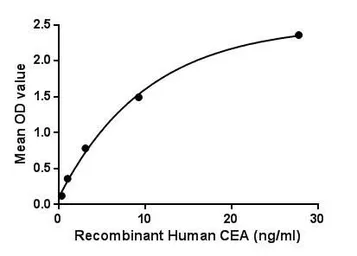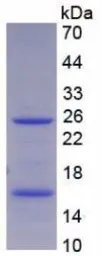Human CD66e protein, His tag
Cat. No. GTX00181-pro
Cat. No. GTX00181-pro
-
ApplicationsFunctional Assay
-
SpeciesHuman

